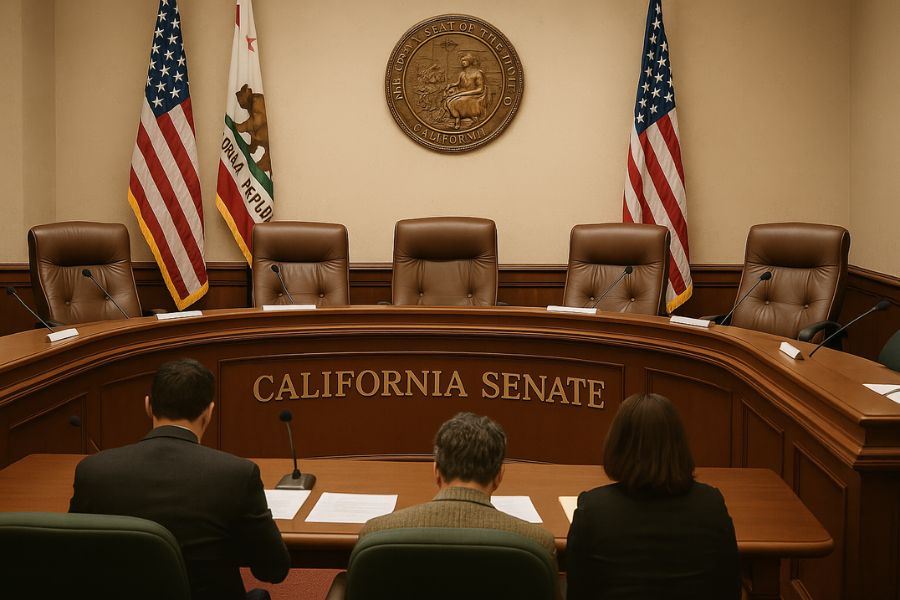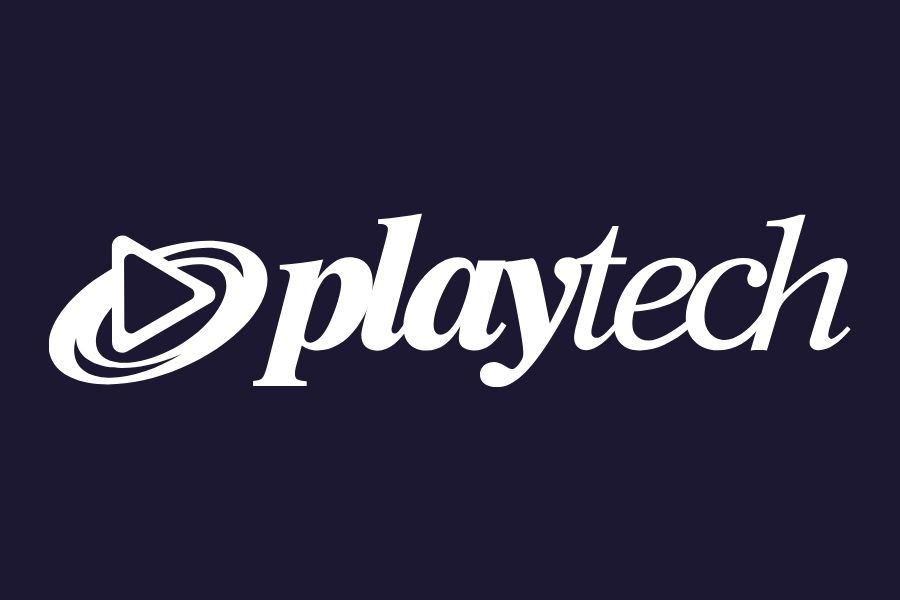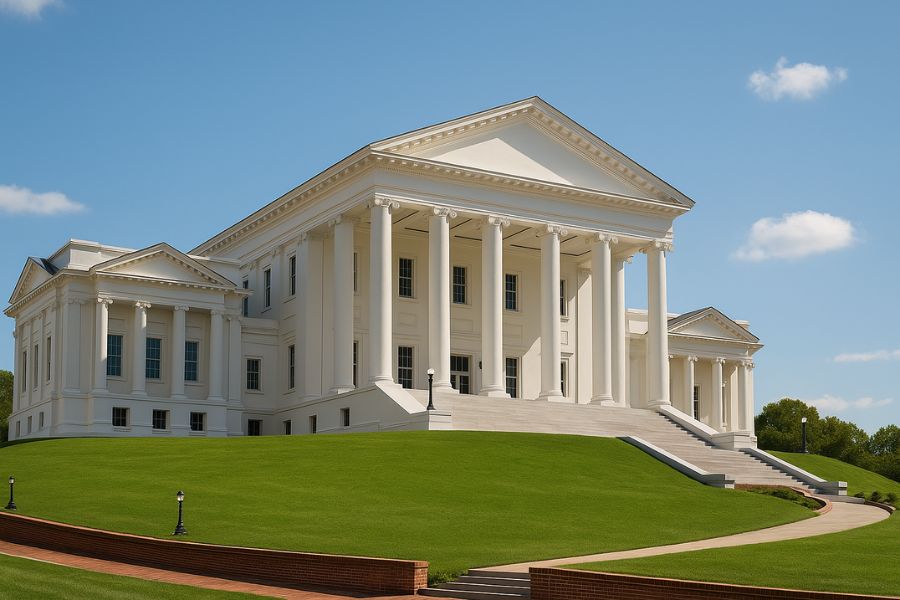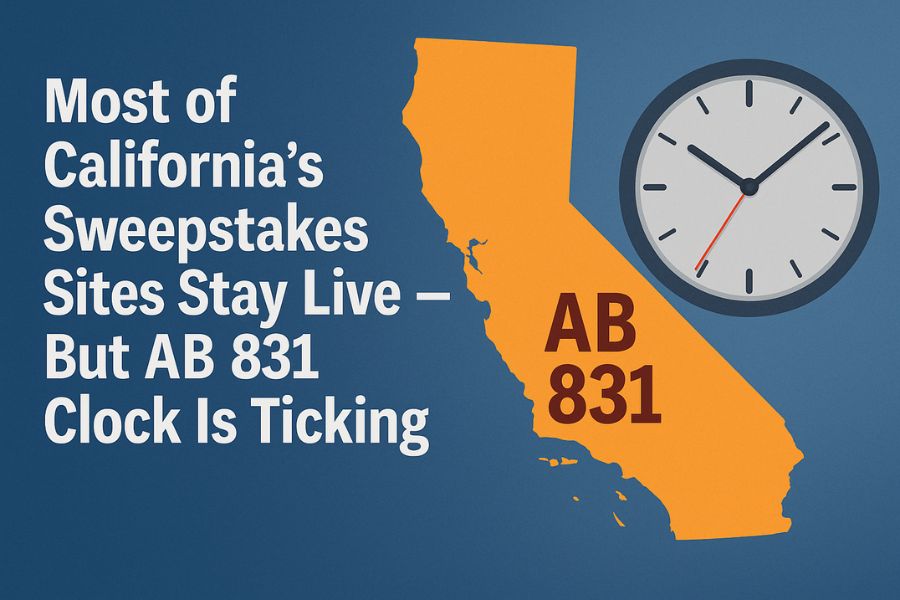The bill was added as an amendment to an unrelated tribal gambling measure after it passed the Assembly in early May.
If approved by the full Senate and signed by the governor before the September 12 session deadline, AB 831 would make it illegal for any business to facilitate, process, or promote sweepstakes-style gambling in the state.
The next stop for the bill is the Senate Public Safety Committee on July 15.
Lawmakers Debate the Bill
Supporters of AB 831 argue that sweepstakes casinos exploit a legal grey area to offer gambling-like games without proper oversight. Assemblymember Avelino Valencia, who sponsored the bill, said AB 831 “strengthens tribal gaming rights and ensures fair play for Californians.”
Because California’s federally recognized tribes hold exclusive rights to most forms of gambling, supporters see the bill as a way to protect tribal sovereignty and state gaming frameworks.
Opponents, including some legislators, questioned the bill’s insertion into a separate tribal gambling bill late in the process. They described the tactic as a “gut and amend” maneuver that left little time for public comment or industry input.
A few senators expressed concern that the rushed approach could lead to unintended legal problems, such as challenges under the Unlawful Internet Gambling Enforcement Act or the Wire Act.
Despite these worries, the committee approved the amendment by a narrow margin, underlining the divided views on how to handle this emerging branch of the gaming industry.
Industry Pushback and Next Steps
Representatives of the sweepstakes casino sector have strongly criticized AB 831. The Social and Promotional Games Association (SPGA) warned that the bill could unintentionally ban common promotional activities run by major brands, including loyalty programs at Marriott, Microsoft, and Starbucks.
They pointed out that the San Manuel Band of Mission Indians itself operates a legal online social casino, PlayOnline, through the San Manuel Entertainment Authority.
The Social Gaming Leadership Alliance (SGLA) also urged lawmakers to reject the ban, arguing that AB 831 would drive players to unregulated markets that offer no consumer protections.
SGLA Executive Director Jeff Duncan, a former U.S. congressman, said players could lose access to free-to-play entertainment that has age verification, self-exclusion options, and anti–money laundering measures. He warned that criminal operators might fill the void, putting minors and vulnerable adults at risk.
If the bill survives the Public Safety Committee hearing on July 15, it will advance to the full Senate for debate. Lawmakers have until September 12 to pass AB 831 in this session; otherwise, it could carry over to 2026.
Should the Senate approve the measure, the Assembly would need to concur with the amendments before it heads to the governor’s desk. With competing views on public safety, consumer protection, and tribal rights, AB 831 faces a contentious path forward in Sacramento.




